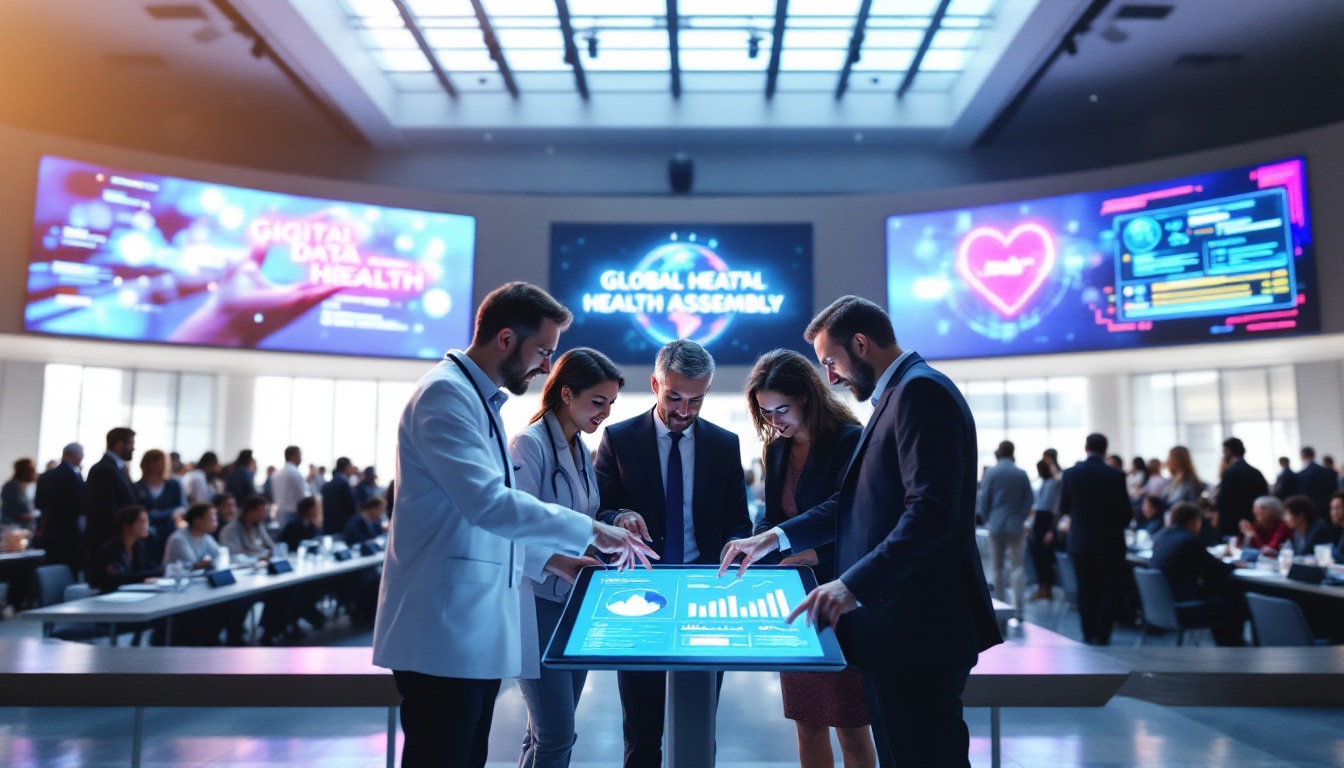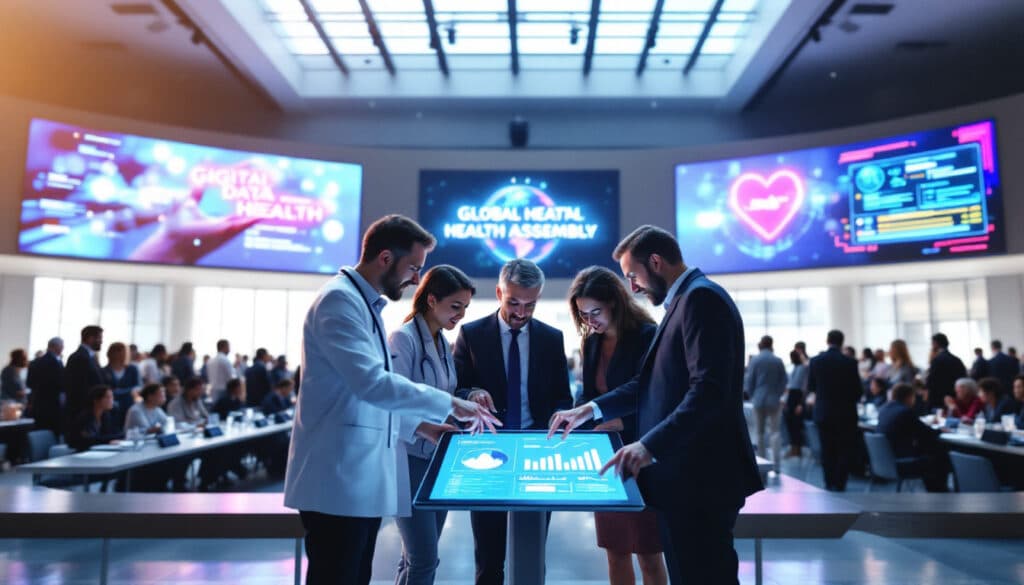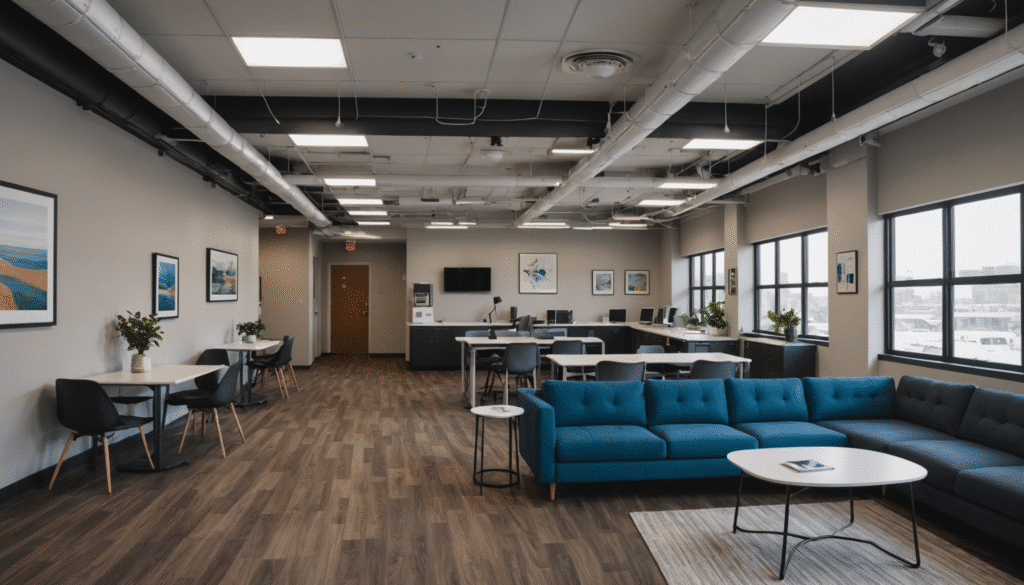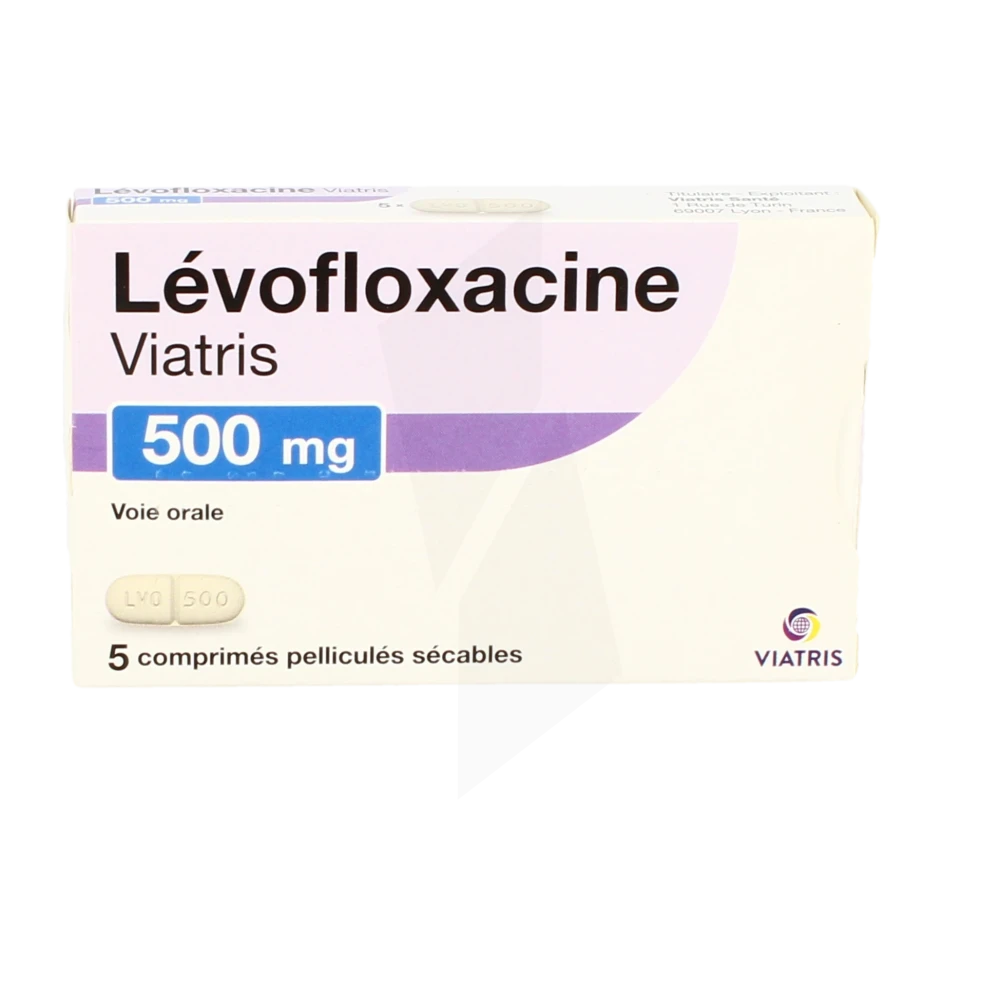The operating room is my universe: a space where precision and hope meet.
Each intervention is a delicate dance between technology and humanity.
My commitment goes beyond technical gestures; it embraces the trust of my patients.
Navigating through the meanders of human anatomy constantly reminds me of the complexity of life. Compassion and expertise are the pillars of my approach, ensuring that each patient receives personalized care. Daily challenges strengthen my passion and nourish my desire to always do better. Together, we build a future where health and well-being are at the heart of every decision.

Columbus, the capital of Ohio, is positioning itself as a future must-have hub in the fields of artificial intelligence and medical technologies. Thanks to the Wexner initiative, the city is on its way to becoming an innovation center where researchers, entrepreneurs, and leading institutions come together. This dynamic promises to transform not only the technological landscape of Columbus but also to have a significant impact on the medical sector at both the national and international levels.
What are the goals of the Wexner in the field of AI?
The Wexner, as a philanthropic foundation dedicated to supporting research and innovation, have set clear goals for integrating artificial intelligence into medical technologies. One of the main objectives is to promote the development of AI-based solutions that improve diagnostic accuracy and treatment efficiency. By investing in advanced research projects, the Wexner aim to create algorithms capable of analyzing large amounts of medical data, thus enabling unprecedented personalisation of care.
Moreover, the Wexner aim to facilitate collaboration between universities, technology companies, and hospitals in Columbus. This interdisciplinary partnership is essential for accelerating the innovation cycle, from fundamental research to clinical application. By creating an ecosystem conducive to innovation, the Wexner hope to attract talent from around the world, thus strengthening Columbus’s position on the global technological stage.
How is Columbus preparing to welcome this technological expansion?
To welcome this technological explosion, Columbus is relying on a robust infrastructure and an environment favorable to innovation. The city is heavily investing in research infrastructures, notably by strengthening laboratory capabilities and modernizing medical facilities. Simultaneously, incubators and coworking spaces dedicated to technology startups are emerging, providing entrepreneurs with an ideal setting to develop their ideas.
In addition, Columbus is implementing training programs and educational initiatives to prepare the local workforce for the demands of AI and advanced technologies. Partnerships with academic institutions ensure that students acquire the necessary skills to integrate into this rapidly expanding sector. This proactive approach creates a synergy between education, research, and industry, thus facilitating the transition to a high-tech economy.
What are the expected impacts on the medical sector?
The integration of AI in medical technologies promises to transform the sector in multiple ways. First, the improvement in diagnostics through sophisticated algorithms will allow for earlier and more accurate disease detection. For example, the analysis of medical images by neural networks can identify anomalies that the human eye might miss, thus increasing treatment success rates.
Moreover, the automation of administrative and clinical processes through AI will free up time for healthcare professionals, allowing them to focus more on patient care. The personalisation of treatments, based on the analysis of genetic and clinical data, will offer tailored therapies, thereby improving outcomes for patients. Furthermore, AI can play a crucial role in managing hospital resources, optimizing the planning and distribution of medical equipment.
What innovative projects are underway at the Wexner?
The Wexner support several pioneering projects aimed at integrating AI into healthcare. One of these projects is the development of AI-assisted diagnostic systems that collaborate with physicians to analyze patient data in real-time. These systems can propose treatment plans based on best practices and the latest research, thus ensuring informed decision-making.
Another notable project is the creation of intelligent telemedicine platforms. These platforms use AI to facilitate remote consultations, allowing patients to access quality health services without having to travel. Additionally, these platforms can track patient health status changes through connected devices, providing valuable data for ongoing treatments.
How do local collaborations strengthen this initiative?
Local collaborations play a crucial role in the success of the Wexner’s initiatives. By working closely with local universities, hospitals, and technology companies, the Wexner are creating an integrated network where each stakeholder brings their expertise. This synergy fosters innovation and accelerates the market introduction of new medical technologies.
For instance, partnerships with academic institutions allow fundamental research to be transformed into concrete clinical applications. Similarly, collaborations with local tech companies facilitate the development of software and hardware solutions tailored to the specific needs of the medical sector. This collaborative approach ensures that the Wexner’s projects are not only innovative but also practical and aligned with on-the-ground realities.
What are the benefits for the Columbus community?
The expansion of AI and medical technologies through the Wexner brings many benefits to the local community. Firstly, the creation of new jobs in high-tech sectors boosts the local economy and offers attractive career opportunities for Columbus residents. Moreover, the improvement of healthcare infrastructures through technological innovations directly translates into better care for the population.
Furthermore, Columbus is becoming a magnet for international talent, attracting experts in AI and medicine who enrich the local diversity and skills. This diversity fosters a creative environment conducive to innovation, where new ideas can emerge and thrive. Finally, the Wexner’s initiatives strengthen the sense of pride and belonging within the community, positioning Columbus as a leader in the fields of AI and medical technologies.
What challenges must be overcome to ensure the success of this expansion?
Despite the promising outlook, several challenges need to be addressed to ensure the success of the expansion of AI and medical technologies in Columbus. One of the main challenges is the sustainable funding of research and development projects. Ensuring a constant flow of funding is crucial to maintaining the pace of innovation and supporting long-term projects.
Another major challenge is data management. The use of AI in the medical sector relies on access to vast sets of sensitive data. Ensuring the privacy and security of this data while allowing its effective use for research represents a delicate balance. Moreover, it is essential to ensure that AI-based solutions are ethical and transparent, avoiding biases and ensuring fair decision-making.
Finally, the adoption of new technologies by healthcare professionals requires adequate training and a cultural shift. Doctors and nurses must be convinced of the benefits of AI and trained in its use. This involves investment in continuous education and awareness of new technologies.
How do the Wexner promote inclusion and diversity in these initiatives?
The Wexner recognize the importance of inclusion and diversity for the success of technological and medical initiatives. They are committed to promoting an inclusive environment where all voices are heard and where everyone has the opportunity to contribute. This translates into mentorship programs, scholarships for students from diverse backgrounds, and initiatives aimed at reducing barriers to entry in the fields of AI and medical technologies.
Moreover, the Wexner actively work to eliminate biases in AI algorithms by ensuring that the data used for training is representative of the diversity of the population. This approach ensures that the developed solutions are equitable and beneficial for all segments of society. By promoting diversity, the Wexner ensure that the innovations are robust, inclusive, and capable of meeting the varied needs of the community.
What is the future of medical technologies in Columbus thanks to the Wexner?
The future of medical technologies in Columbus looks bright thanks to the Wexner’s initiatives. With a solid infrastructure, fruitful collaborations, and a commitment to innovation, Columbus is well positioned to become a global leader in integrating AI into healthcare. The technological advances developed here could serve as models for other regions, influencing the way healthcare is delivered on a global scale.
Furthermore, the focus on personalized care, telemedicine, and the automation of administrative processes positions Columbus at the forefront of the medical revolution. The research conducted under the auspices of the Wexner could result in more effective treatments, reduced healthcare costs, and an overall improvement in the quality of life for patients. By investing in these areas, the Wexner and Columbus demonstrate their vision of a future where technology and medicine work hand in hand to create innovative and accessible solutions for all.










